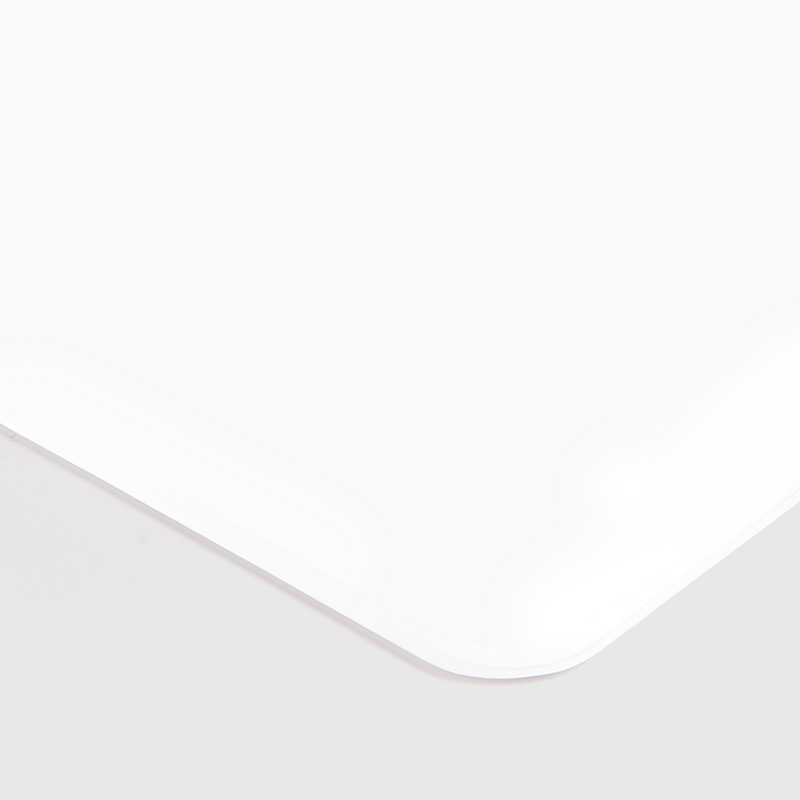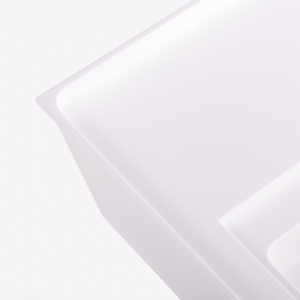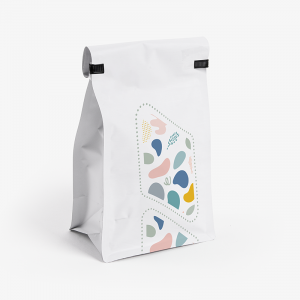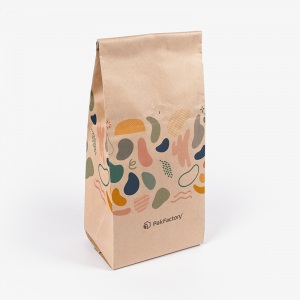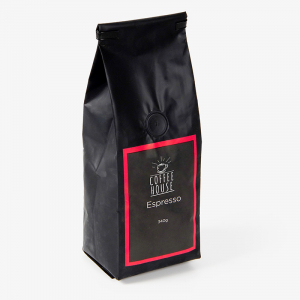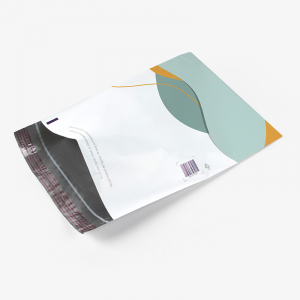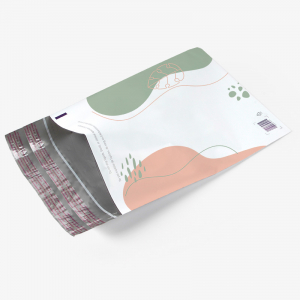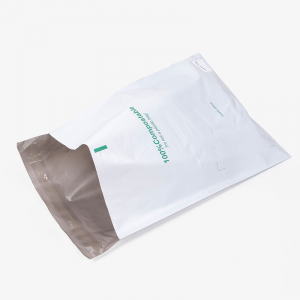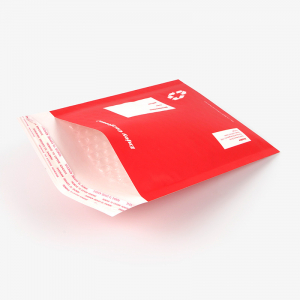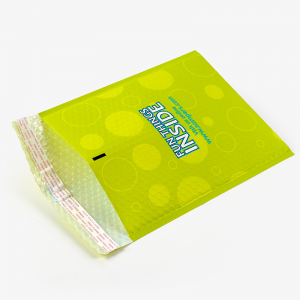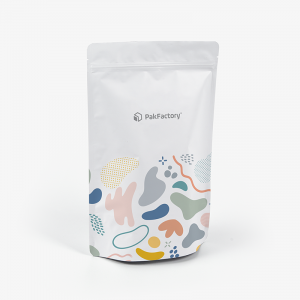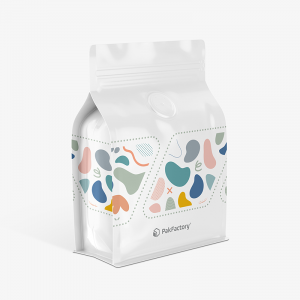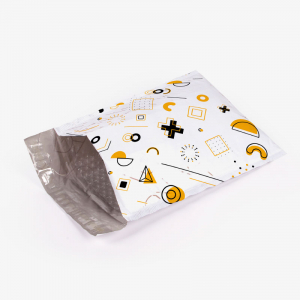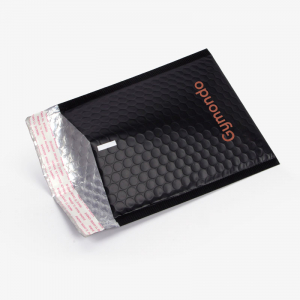
HIPS
High Impact Polystyrene HIPS, or Polystyrene (PS) plastic is a thermoplastic material that offers high impact strength and rigidity to product. Popular for packaging products like food or pharmaceuticals, HIPS plastic offers a stable and durable structure to products.
Best Used With
Overview
HIPS (High Impact Polystyrene), also known as PS (Polystyrene), is an amorphous thermoplastic material, used in lower heat applications. It is categorized as a standard material, and offers ease of processing, high impact strength, and stiffness.
High Impact Polystyrene is impact resistant at the cost of not being naturally clear or transparent. It can be easily painted on and glued. It has economical and easy manufacturability but is generally more expensive than GPPS. HIPS has a matte finish and is a preferred material for thermoforming.
Lower melting temperature for excellent thermoforming properties. Very versatile. High impact protection. Good stiffness and highly rigid material. Commonly used for food packaging and trays for medical devices.

